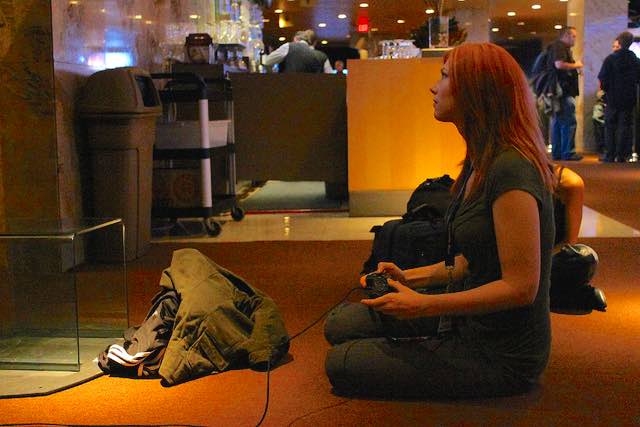More than half of Americans regularly experience cognitive fatigue related to stress, frustration, and anxiety while at work. Those in safety-critical fields, such as air traffic control and health care, are at an even greater risk for cognitive fatigue, which could lead to errors.
WATCH: Children’s Hospital Uses ‘Pokemon GO’ to Get Patients Excited and Out of Bed
In a new online article, Michael Rupp and coauthors used a computer-based task to induce cognitive fatigue in 66 participants, who were then given a five-minute rest break. During the break, participants either played a casual video game, participated in a guided relaxation activity, or sat quietly in the testing room without using a phone or computer. At various times throughout the experiment, the researchers measured participants’ affect (e.g., stress level, mood) and cognitive performance.
Those who took a silent rest break reported that they felt less engaged with work and experienced worry as a result, whereas those who participated in the guided relaxation activity saw reductions in negative affect and distress. Only the video game players reported that they felt better after taking the break.
RELATED: Dad Creates Free Minecraft Server Specifically Dedicated to Kids With Autism
Rupp, a doctoral student in human factors and cognitive psychology at the University of Central Florida, notes, “We often try to power through the day to get more work finished, which might not be as effective as taking some time to detach for a few minutes. People should plan short breaks to make time for an engaging and enjoyable activity, such as video games, that can help them recharge.”
(Source: Human Factors and Ergonomics Society)
Click To Share The News With Your Friends (Photo by Shane’s Stuff, CC)




















